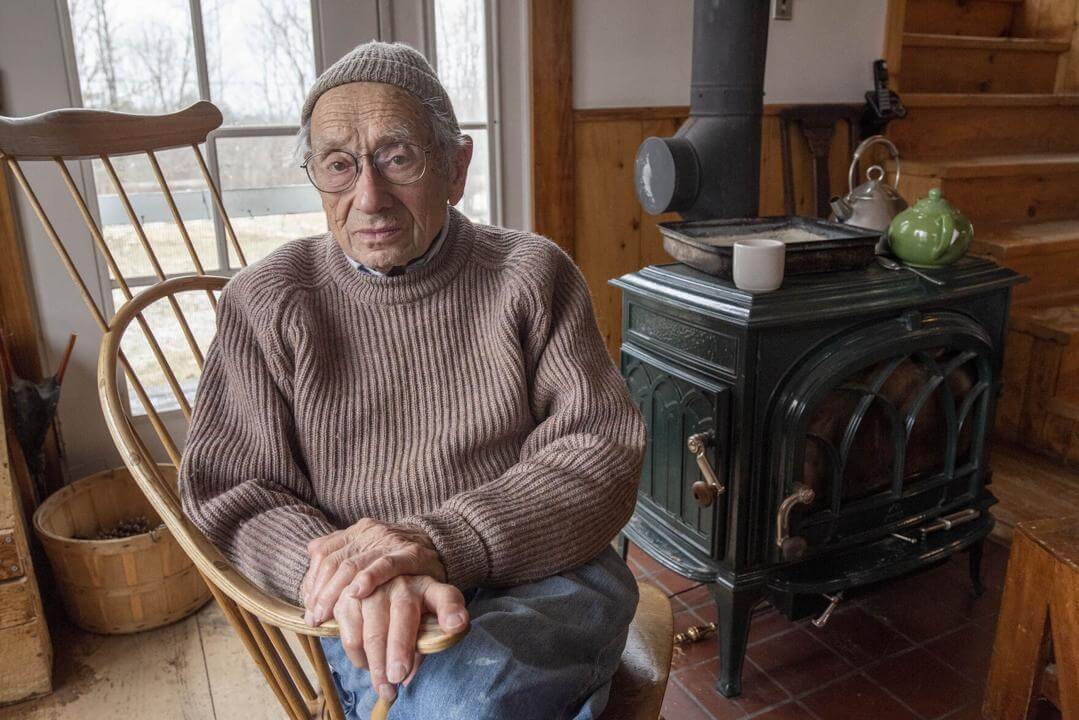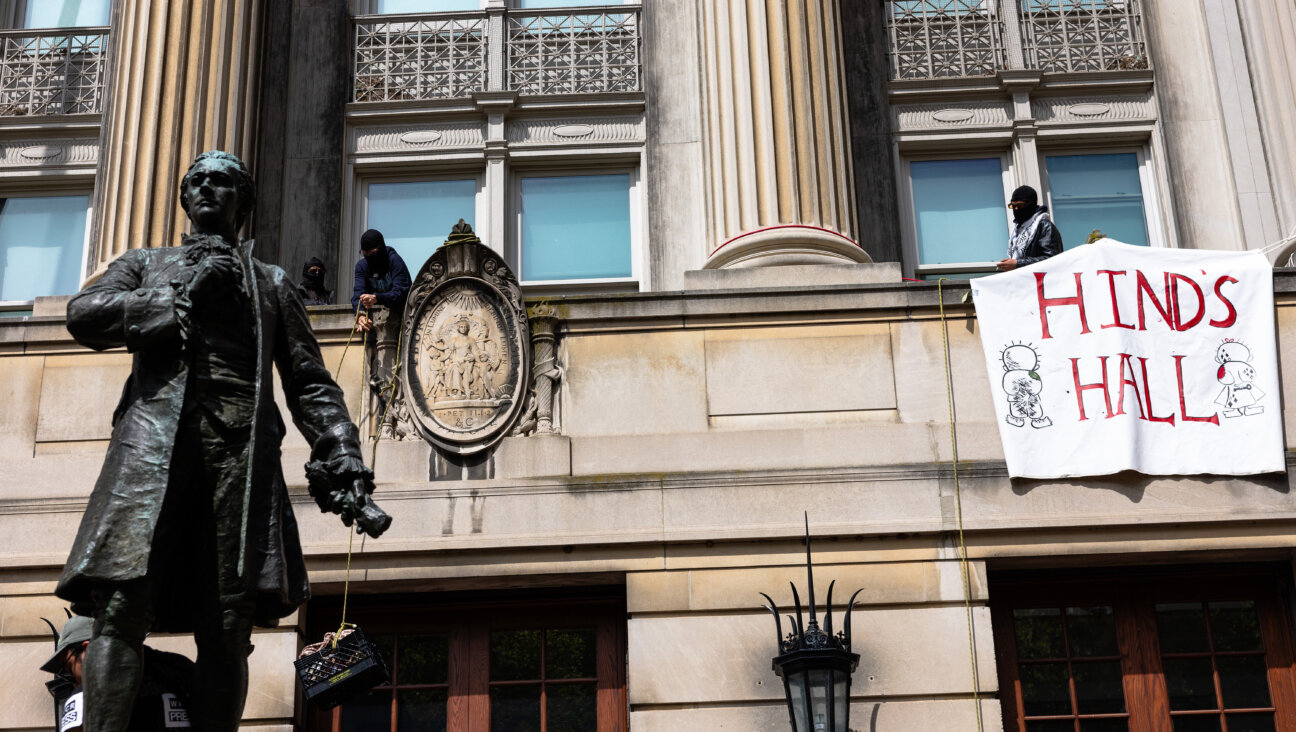The Source of That Mysterious Maple Syrup Smell: Israel
The source of a mysterious maple syrup-like odor, which wafted over the island of Manhattan on several occasions since 2005, appears to be the 76-year-old, Haifa-based company Frutaron, according to New York Mayor Michael Bloomberg.
The New York Times reports:
“The city revealed on Thursday that the culprit was the seeds of fenugreek, a cloverlike plant, which are used to produce fragrances at a factory across the Hudson River in North Bergen, N.J. It turned out that the city had never given up trying to determine the aroma’s origin. It had quietly created a crack maple-syrup team that remained on the case.
The North Bergen factory, owned by a company called Frutarom, used the herbal seeds to manufacture food flavors, releasing a pungent, generally pleasant smell in the process. Under the right weather conditions — high humidity, no rain — the aroma drifts across the Hudson onto the West Side of Manhattan.
‘I think it’s safe to say that the mystery of the maple syrup mist has been solved,’ Mayor Michael R. Bloomberg said at a news conference at City Hall, cautioning that the city was still investigating several leads.”
Frutarom, “a flavor and fine ingredients company” was founded in 1933, originally under the name Frutarom Palestine Ltd. According to its Web site, “The company’s foundation was promoted by Professor Haim Weizman, the first President of the State of Israel and a known chemist,” the site states.
To see a gallery of photographs documenting Frutarom’s early days, click here.
Today, Frutarom is listed on the Tel Aviv and London stock exchanges.
The company apparently never caught wind of Mayor Bloomberg’s investigation and, according to the The Jersey Journal, issued the following statement:
“We have been made aware of the statements made by Mayor Bloomberg this morning regarding the source of the maple-syrup odors in [New York City]. The naming of our company as one of those potentially contributing to this condition came as a surprise to us.”

I hope you appreciated this article. Before you go, I’d like to ask you to please support the Forward’s award-winning, nonprofit journalism during this critical time.
Now more than ever, American Jews need independent news they can trust, with reporting driven by truth, not ideology. We serve you, not any ideological agenda.
At a time when other newsrooms are closing or cutting back, the Forward has removed its paywall and invested additional resources to report on the ground from Israel and around the U.S. on the impact of the war, rising antisemitism and the protests on college campuses.
Readers like you make it all possible. Support our work by becoming a Forward Member and connect with our journalism and your community.
Make a gift of any size and become a Forward member today. You’ll support our mission to tell the American Jewish story fully and fairly.
— Rachel Fishman Feddersen, Publisher and CEO
Join our mission to tell the Jewish story fully and fairly.
























